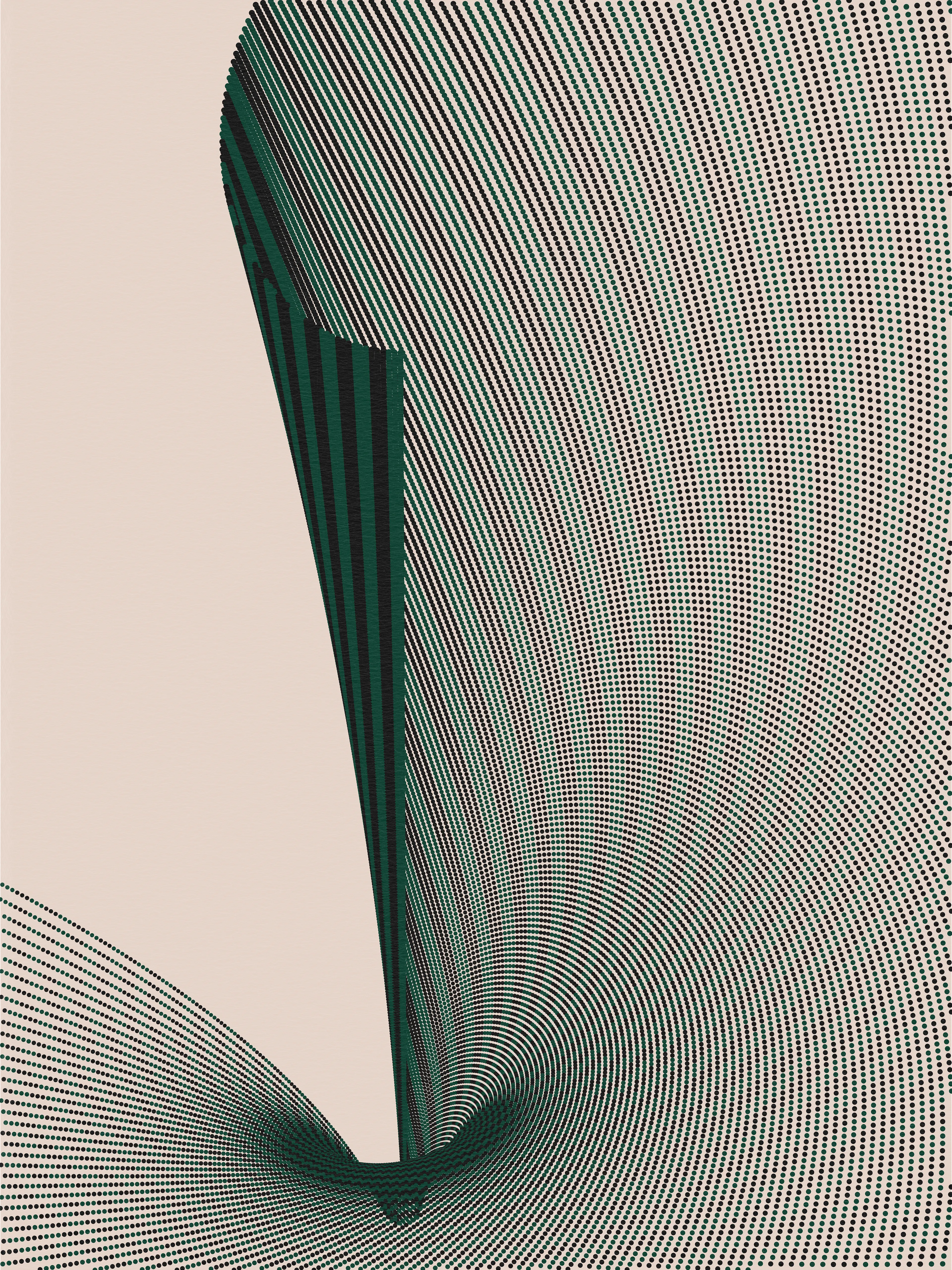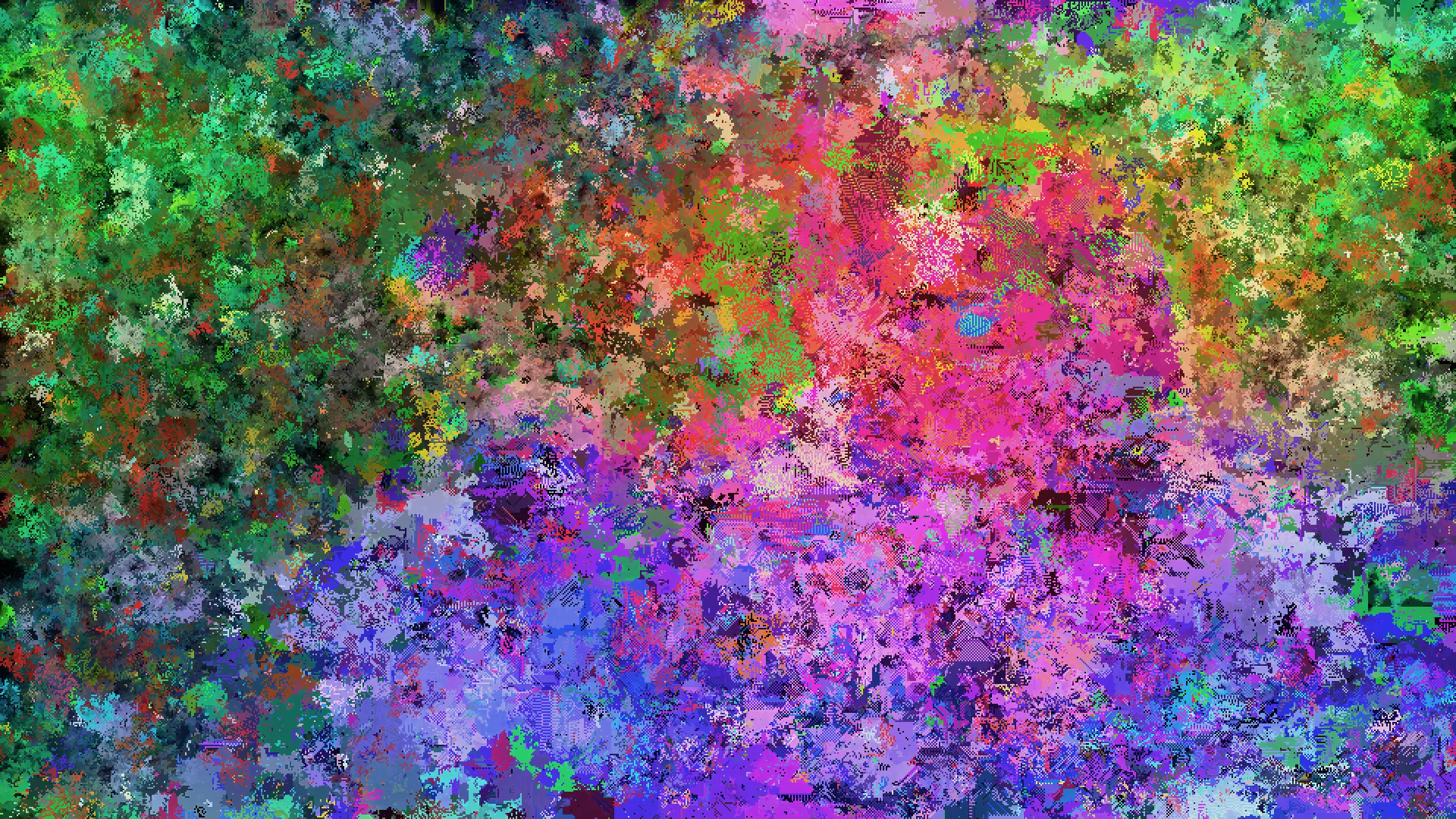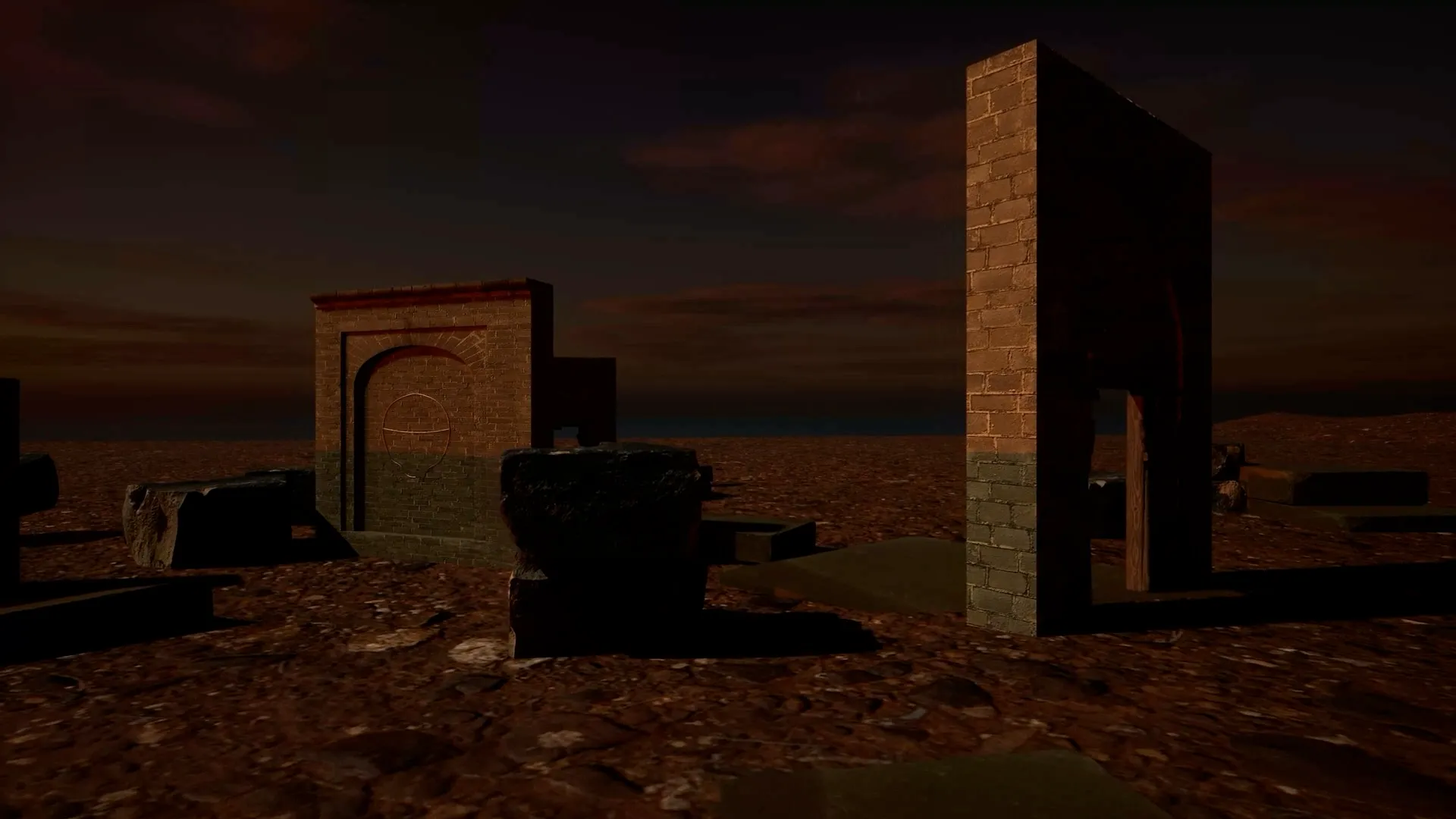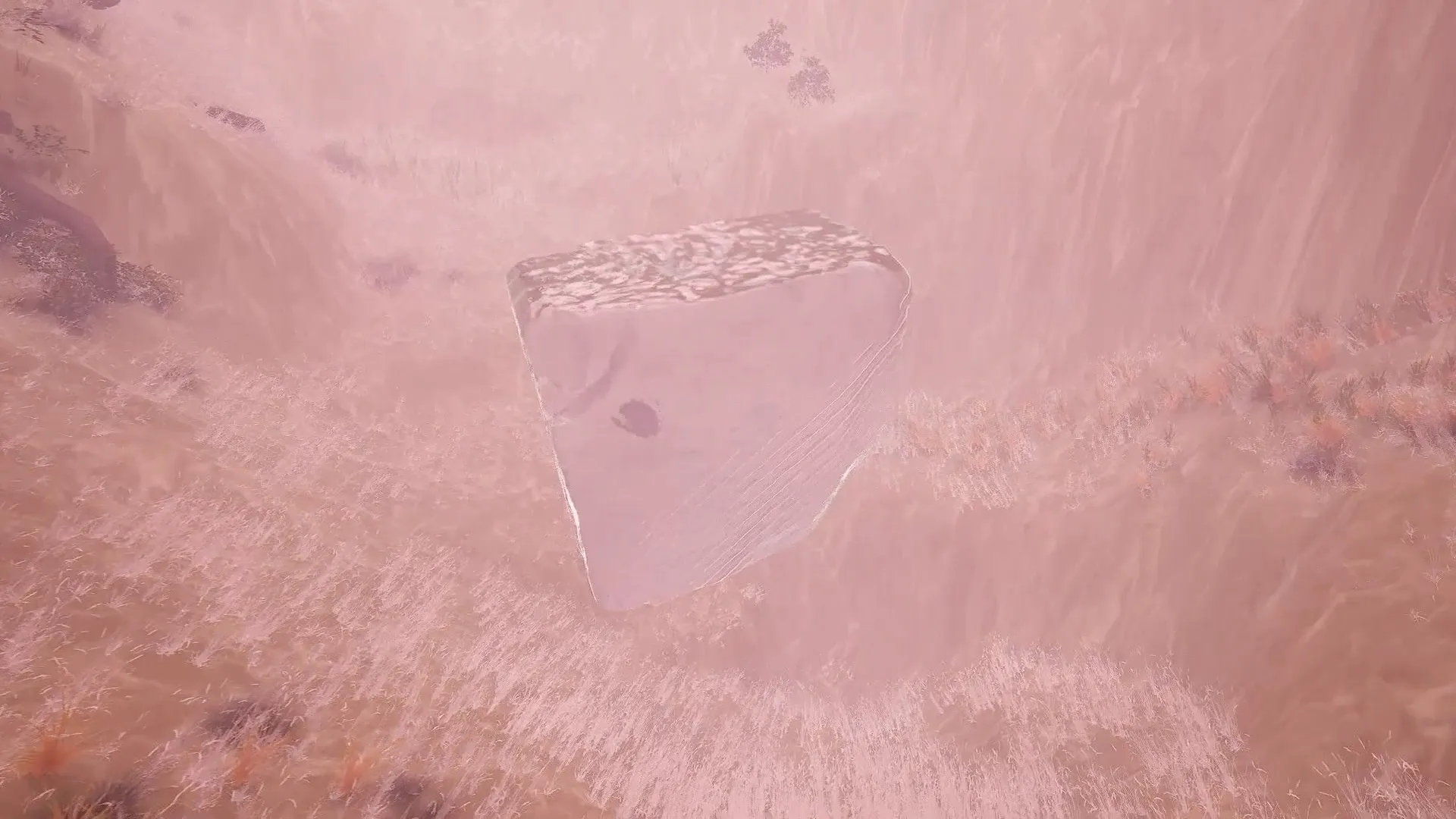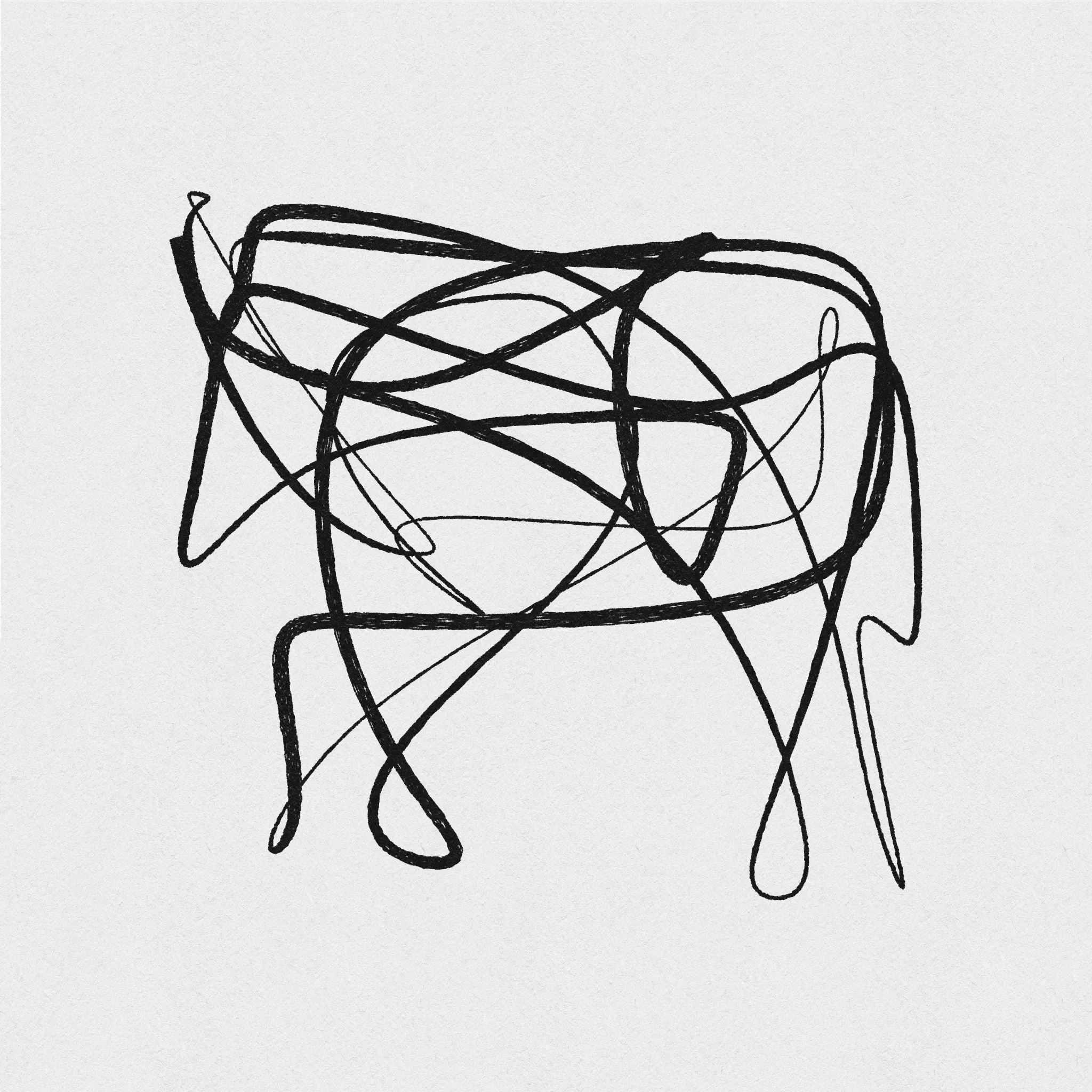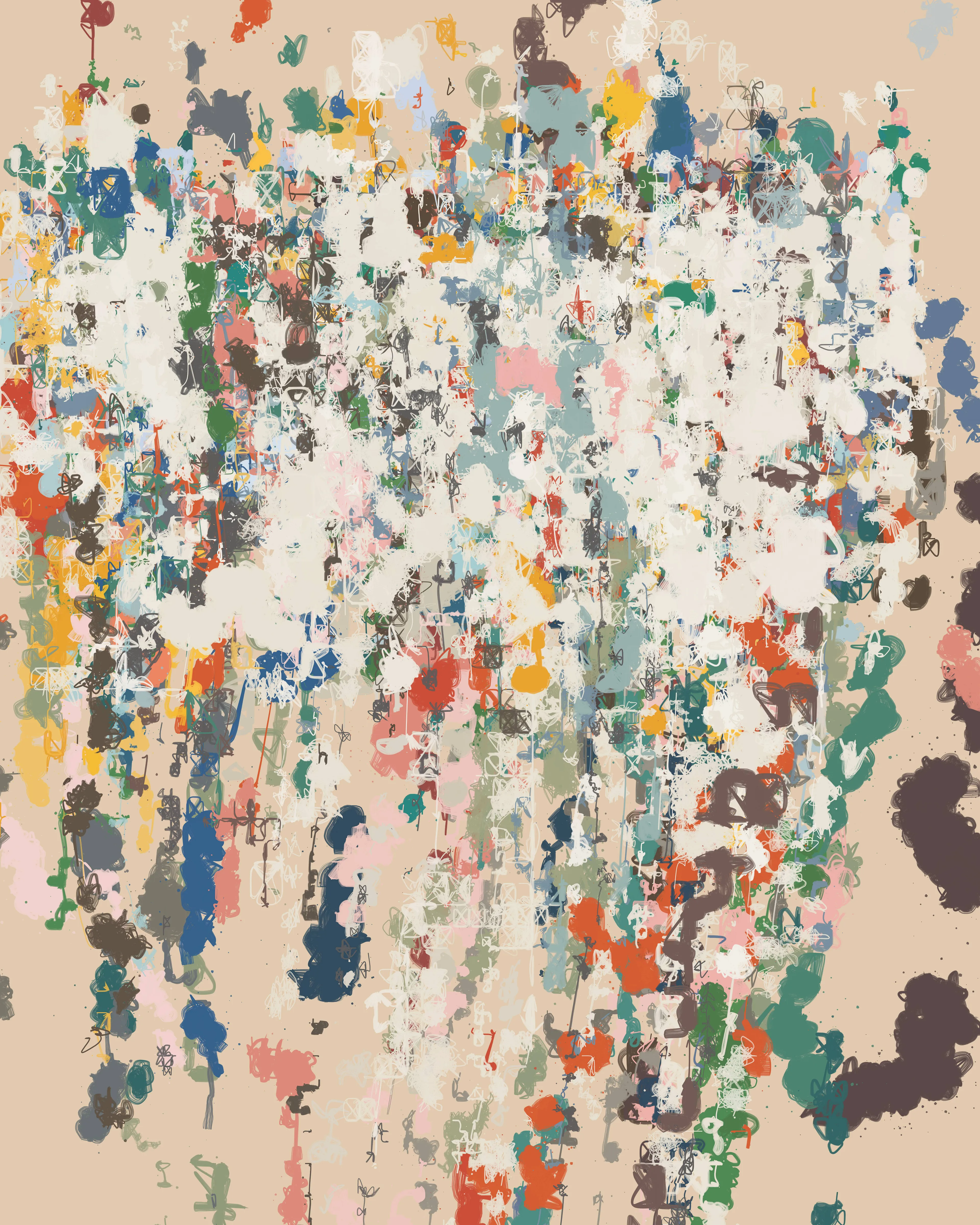A point becomes a pattern; a pattern becomes a field; the field bends under its own logic. These drawings emerge from a continuous computation that treats geometry as a record of duration rather than a fixed form.
Each plotted point carries spatial and temporal weight. Clusters form where the algorithm accelerates and pauses open where it slows, producing a field that behaves like spacetime under pressure. Density reads as mass. Curvature follows the distribution of events. What looks static is a trace of motion, a surface shaped by the accumulation of intervals.
The sphere at the center is not drawn, it occurs. It marks equilibrium held under stress, shaped by the same concerns present throughout my work: recursion, repetition, and systems operating near the edge of order. Read through Buckminster Fuller’s lens of structure as a verb, these drawings treat geometry as process.
The work echoes the idea that every form belongs to a sequence, that the meaning of an object lies in the intervals that precede and follow it. Time grants structure and not the other way around. The drawings take this seriously: they visualize the way form grows out of moments and how sequences become shape.
Recursive rules guide each composition, translating change into curvature. Variations in density map temporal frequency in a way that parallels how physics ties geometry to energy. The algorithm becomes both instrument and witness, measuring the unfolding of its own field.
The series is completely generative. Each version is produced with controlled randomness, open to chance and difference. The work is presented alongside pen plot drawings and archival prints, grounding an algorithmic process in physical material. Each piece becomes a moment in a longer continuum, a small part in the larger shape that time itself draws.
The title carries a quiet reference to George Kubler’s 1962 book The Shape of Time, a text that considers how form unfolds through sequences and durations.
Pixel Symphony
View series